Diseases and Conditions › Diabetes › Are you an expert insulin user?
Injecting insulin incorrectly could lead to problems in the process of fighting diabetes. Thus, knowing the correct technique is crucial for getting the best result and to avoid prick-related problems.
A large number of patients with Diabetes require Insulin and often develop Insulin deficiency. However, they simply need to take it with the help of a syringe or pen devices. This Insulin then keeps glucose or sugar in normal range, keeping a person healthy.
Unfortunately, in countries like India, Pakistan, Sri Lanka, Bangladesh etc where paramedic support is poor, Insulin treatment becomes more difficult. Most doctors prescribe Insulin but they have no time to train patients about taking Insulin shots. Very often an untrained person trains patients.
And so Insulin prick-related problems are common in these countries. Problems like lipohypertrophy, injection site marks, infections are more common Indian and Asian patients.
Injection sites and angles
One of the most important aspects of Insulin injection technique is injection site. Insulin should reach subcutaneous tissue, that is, the layer of fat below skin. So areas like abdomen [except around navel], outer side of thigh and arms are considered as good sites. Unfortunately, many patients still inject it into the forearm or calf region, which is not correct.
Apart from site, the next important thing is angle of injection. Earlier, longer needles of 12 mm were available and hence it was recommended to inject at 45-degree angle so as to avoid intramuscularly injection, particularly in individuals with a thin built. But nowadays, shorter needles of 5 to 6 mm are available. With these needles, it is best to inject Insulin at 90-degree angle.
Injection site rotation is yet another important concept. If Insulin is injected at same point then that area of skin becomes more fatty and this is called lipohypertrophy. Insulin injected into this area is absorbed slowly and erratically and this makes sugar control difficult. Since the prick in this area is painless, the patient prefers it but later on gets in trouble due to fluctuations in glucose levels. Thus, it is very important that a patient should inject at different points and should go on rotating injection sites.
Insulin absorption
Another focus should be on the site of injection and rate of Insulin absorption. Most of the studies show that absorption is most rapid at abdomen. Hence it is important that morning Insulin or short acting Insulin can be injected into abdomen while night insulin can be injected into thigh. Alternatively, all morning shots can be taken on abdomen while evening shots on thigh so as to make insulin absorption more consistent. This would avoid unexpected variation in insulin level due to injection site change.
Reusing needles
How often to reuse needle- is also an important issue. Though needles are made for a single use, in India, most of the patients are reusing needles due to cost factor.
Ideally a patient should not reuse a needle, but still if one has to, then consider a few points. Better not to reuse a needle more than thrice or four times. Do not boil it. In fact, do not touch the needle. Maintain personal hygiene and wash hands before injecting insulin.
A thumb rule
When a patient reuses a needle, its tip becomes blunt and it can cause injury to skin and create a point for bacterial entry, leading to infection. Thus, as a rule of thumb, if a needle hurts, do not reuse it.
These aspects of Insulin therapy are presented in an easy-to-understand slide show on Online Class section of diabeteshormone.com
Author’s Biography: The author is a doctor by profession and experienced writer with an enthusiastic interest in health industry, expertise in Insulin, and Diabetic Products. Read more about diabetes at diabetes hormone.

A large number of patients with Diabetes require Insulin and often develop Insulin deficiency. However, they simply need to take it with the help of a syringe or pen devices. This Insulin then keeps glucose or sugar in normal range, keeping a person healthy.
Unfortunately, in countries like India, Pakistan, Sri Lanka, Bangladesh etc where paramedic support is poor, Insulin treatment becomes more difficult. Most doctors prescribe Insulin but they have no time to train patients about taking Insulin shots. Very often an untrained person trains patients.
And so Insulin prick-related problems are common in these countries. Problems like lipohypertrophy, injection site marks, infections are more common Indian and Asian patients.
Injection sites and angles
One of the most important aspects of Insulin injection technique is injection site. Insulin should reach subcutaneous tissue, that is, the layer of fat below skin. So areas like abdomen [except around navel], outer side of thigh and arms are considered as good sites. Unfortunately, many patients still inject it into the forearm or calf region, which is not correct.
Apart from site, the next important thing is angle of injection. Earlier, longer needles of 12 mm were available and hence it was recommended to inject at 45-degree angle so as to avoid intramuscularly injection, particularly in individuals with a thin built. But nowadays, shorter needles of 5 to 6 mm are available. With these needles, it is best to inject Insulin at 90-degree angle.
Injection site rotation is yet another important concept. If Insulin is injected at same point then that area of skin becomes more fatty and this is called lipohypertrophy. Insulin injected into this area is absorbed slowly and erratically and this makes sugar control difficult. Since the prick in this area is painless, the patient prefers it but later on gets in trouble due to fluctuations in glucose levels. Thus, it is very important that a patient should inject at different points and should go on rotating injection sites.
Insulin absorption
Another focus should be on the site of injection and rate of Insulin absorption. Most of the studies show that absorption is most rapid at abdomen. Hence it is important that morning Insulin or short acting Insulin can be injected into abdomen while night insulin can be injected into thigh. Alternatively, all morning shots can be taken on abdomen while evening shots on thigh so as to make insulin absorption more consistent. This would avoid unexpected variation in insulin level due to injection site change.
Reusing needles
How often to reuse needle- is also an important issue. Though needles are made for a single use, in India, most of the patients are reusing needles due to cost factor.
Ideally a patient should not reuse a needle, but still if one has to, then consider a few points. Better not to reuse a needle more than thrice or four times. Do not boil it. In fact, do not touch the needle. Maintain personal hygiene and wash hands before injecting insulin.
A thumb rule
When a patient reuses a needle, its tip becomes blunt and it can cause injury to skin and create a point for bacterial entry, leading to infection. Thus, as a rule of thumb, if a needle hurts, do not reuse it.
These aspects of Insulin therapy are presented in an easy-to-understand slide show on Online Class section of diabeteshormone.com
Author’s Biography: The author is a doctor by profession and experienced writer with an enthusiastic interest in health industry, expertise in Insulin, and Diabetic Products. Read more about diabetes at diabetes hormone.
Article By: Web2indya
How Benefits your life style from type 2 diabetes
Exercise prescription for diabetics
Controlling Diabetes with Exercise New Findings
Diabetes mellitus and Artificial sweeteners
Introduction to Diabetes Mellitus - Diabetes 101
Matching Insulin Syringe to Insulin strength is crucial
If you need Insulin, better to start early
Diabetes Symptoms, When to See the Doctor?
Becoming a Diabetes Expert
Could You Have Diabetes And Not Even Know It?
Introduction to Diabetes Mellitus - Diabetes 101
Childhood Obesity May Lead to Type 1 Diabetes
So You Want to Know How to Treat Diabetes!
Avandia Side Effect Lawyer: Diabetes Drug Damages Liver
how does the body maintain blood pressure
maintaining blood pressure
how the body maintains blood pressure
effects of CHD
how is diabetes treated
how does the body respond to high blood pressure
introduction of diabetes mellitus
how does the heart maintain blood pressure
how does body maintain blood pressure
understanding heart rate
how is blood pressure maintained
how does the body maintain normal blood pressure
how body maintains blood pressure
how long can you live with mesothelioma
introduction to diabetes mellitus
50 ways to love your liver
otolam
what maintains blood pressure
does the heart maintain blood pressure
Compare the homeostatic mechanisms that maintain normal blood pressure and heart rate
social effects of chd
signs of unhealthy eyes
Compare the homeostatic mechanisms that maintain normal blood pressure and heart rate
how to maintain blood pressure
unhealthy eyes
mechanisms that maintain blood pressure
does the heart help maintain blood pressure
mechanisms to maintain blood pressure
how do arteries aid in maintaining blood pressure
social impacts of CHD
Physiological mechanisms to maintain normal blood pressure
maintain blood pressure
how is blood pressure maintained in the body
describe the process by which the body maintains normal blood pressure
what maintains blood pressure in body
laser treatment for ear infections
how does your body maintain blood pressure
diabetes mellitus introduction
increase resistance decrease pressure
understanding your heart rate
otolam procedure
how to save eyesight
effects of CHD on health
osa ohs
how to keep a healthy prostate
what mechanisms maintain blood pressure
how the heart maintains blood pressure
how does our body maintain blood pressure
how do cataracts occur
diabetes mellitus 101
Most Read
New Articles
Most Viewed
Most Downloads
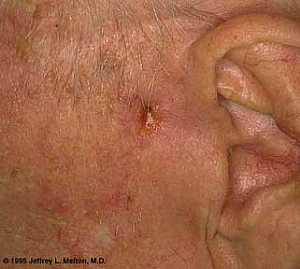 Basal Cell Carcinoma ("Rodent Ulcer" Type)
Basal Cell Carcinoma ("Rodent Ulcer" Type)
 Basal Cell Carcinoma (Histology-Morpheaform Type)
Basal Cell Carcinoma (Histology-Morpheaform Type)
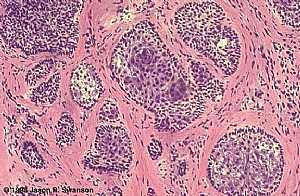 Basal Cell Carcinoma (Histology-Nodular Type - High power)
Basal Cell Carcinoma (Histology-Nodular Type - High power)
 Basal Cell Carcinoma (Histology-Nodular Type- High power)
Basal Cell Carcinoma (Histology-Nodular Type- High power)
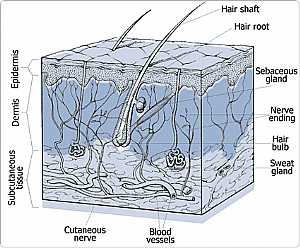 Skin
Skin
 Nervous System -- Basic
Nervous System -- Basic
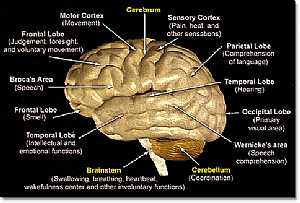 Brain anatomy
Brain anatomy
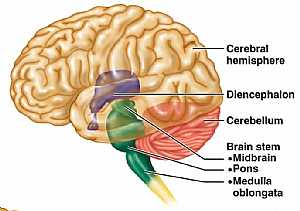 Brain anatomy
Brain anatomy
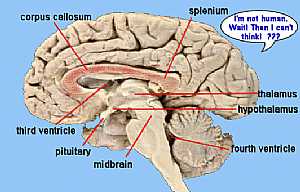 Brain anatomy
Brain anatomy
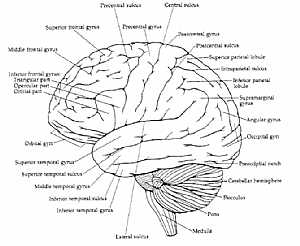 Brain anatomy
Brain anatomy
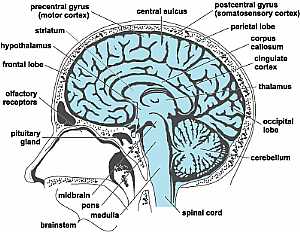 Head anatomy
Head anatomy
 Brain anatomy
Brain anatomy
eDoctorOnline.com does not provide medical advice, diagnosis or treatment.
© Copyright 2001-2022 eDoctorOnline.com
© Copyright 2001-2022 eDoctorOnline.com

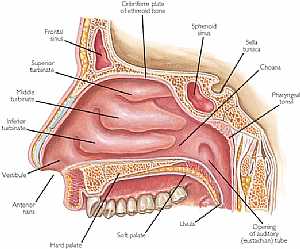 Nose anatomy
Nose anatomy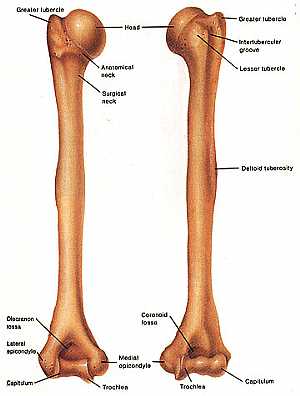 Humerus bone
Humerus bone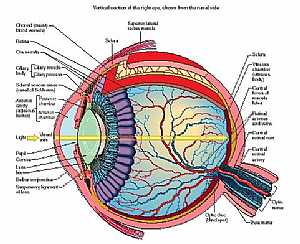 Eye anatomy
Eye anatomy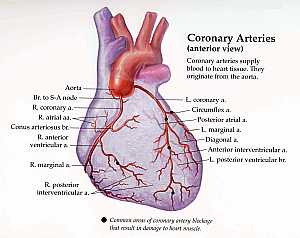 Coronary arteries anatomy
Coronary arteries anatomy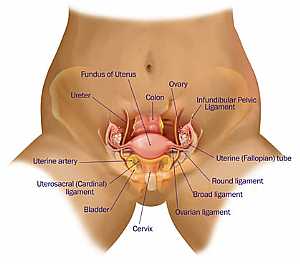 Female pelvic anatomy
Female pelvic anatomy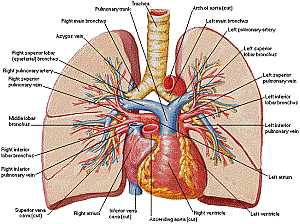 Heart and lung anatomy
Heart and lung anatomy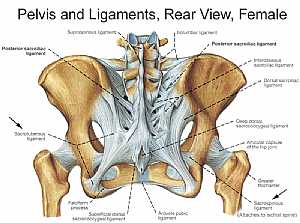 Bones and ligaments of the FEMALE Pelvis
Bones and ligaments of the FEMALE Pelvis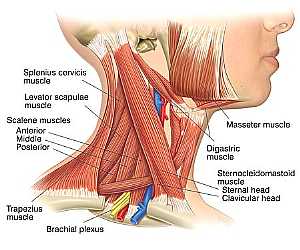 Neck Anatomy
Neck Anatomy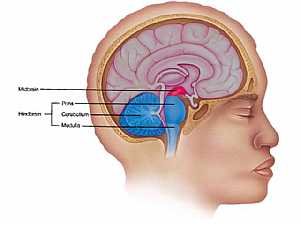 MidBrain anatomy
MidBrain anatomy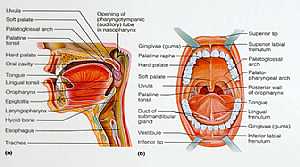 Oral Cavity
Oral Cavity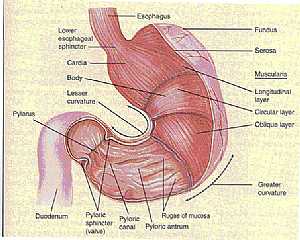 Stomach anatomy
Stomach anatomy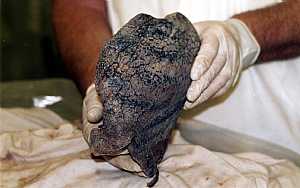 Lung anatomy
Lung anatomy Basal Cell Carcinoma ("Rodent Ulcer" Type)
Basal Cell Carcinoma ("Rodent Ulcer" Type) Basal Cell Carcinoma (Histology-Morpheaform Type)
Basal Cell Carcinoma (Histology-Morpheaform Type) Basal Cell Carcinoma (Histology-Nodular Type - High power)
Basal Cell Carcinoma (Histology-Nodular Type - High power) Basal Cell Carcinoma (Histology-Nodular Type- High power)
Basal Cell Carcinoma (Histology-Nodular Type- High power) Skin
Skin Nervous System -- Basic
Nervous System -- Basic Brain anatomy
Brain anatomy Brain anatomy
Brain anatomy Brain anatomy
Brain anatomy Brain anatomy
Brain anatomy Head anatomy
Head anatomy Brain anatomy
Brain anatomy
Be the first one to comment on this article!